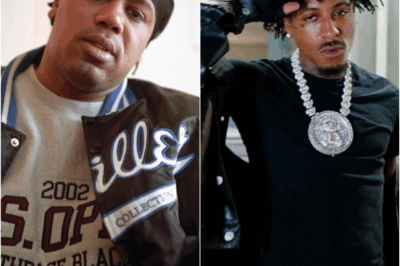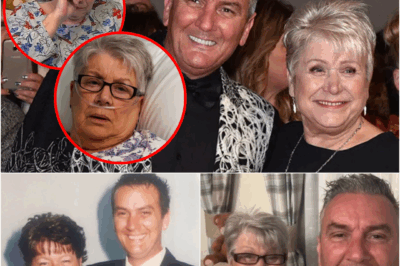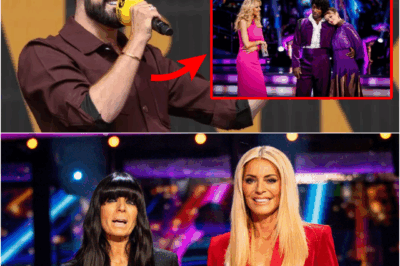After more than two decades of silence, Mercedes — the former No Limit Records artist under Master P — has returned, not with a new song, but with a fiery outburst that has sent shockwaves through the hip-hop world.
During an Instagram Live session on October 25, Mercedes (real name Raequel Miller, born in 1978 in Detroit, Michigan) claimed she was barred from performing her own hit, “It’s Your Thing,” at the Verzuz: Cash Money vs. No Limit event in Las Vegas.

“I was banned from performing my own song. I had my artist pass, I was there — and they still wouldn’t let me on stage,” she said, her voice shaking with anger. “But that’s okay, because everyone better watch — I’m going to sue. And this time, I’m not bluffing.”
Her accusation spread rapidly across social media, sparking thousands of reactions within hours. Fans were outraged to see the R&B singer — once a proud face of No Limit — excluded from such a major Verzuz showdown.
From Detroit Student to No Limit’s R&B Sensation
Mercedes was born and raised in Detroit, where soul and gospel music ran deep in her roots. While studying at Xavier University in New Orleans, she joined a campus talent show and performed Shirley Murdock’s “As We Lay.”
That performance changed her life. The rap duo Kane & Abel — then signed to No Limit Records — were captivated by her voice and invited her to the studio. There, she met Master P, the mastermind of Southern hip-hop, who immediately offered her a record deal.
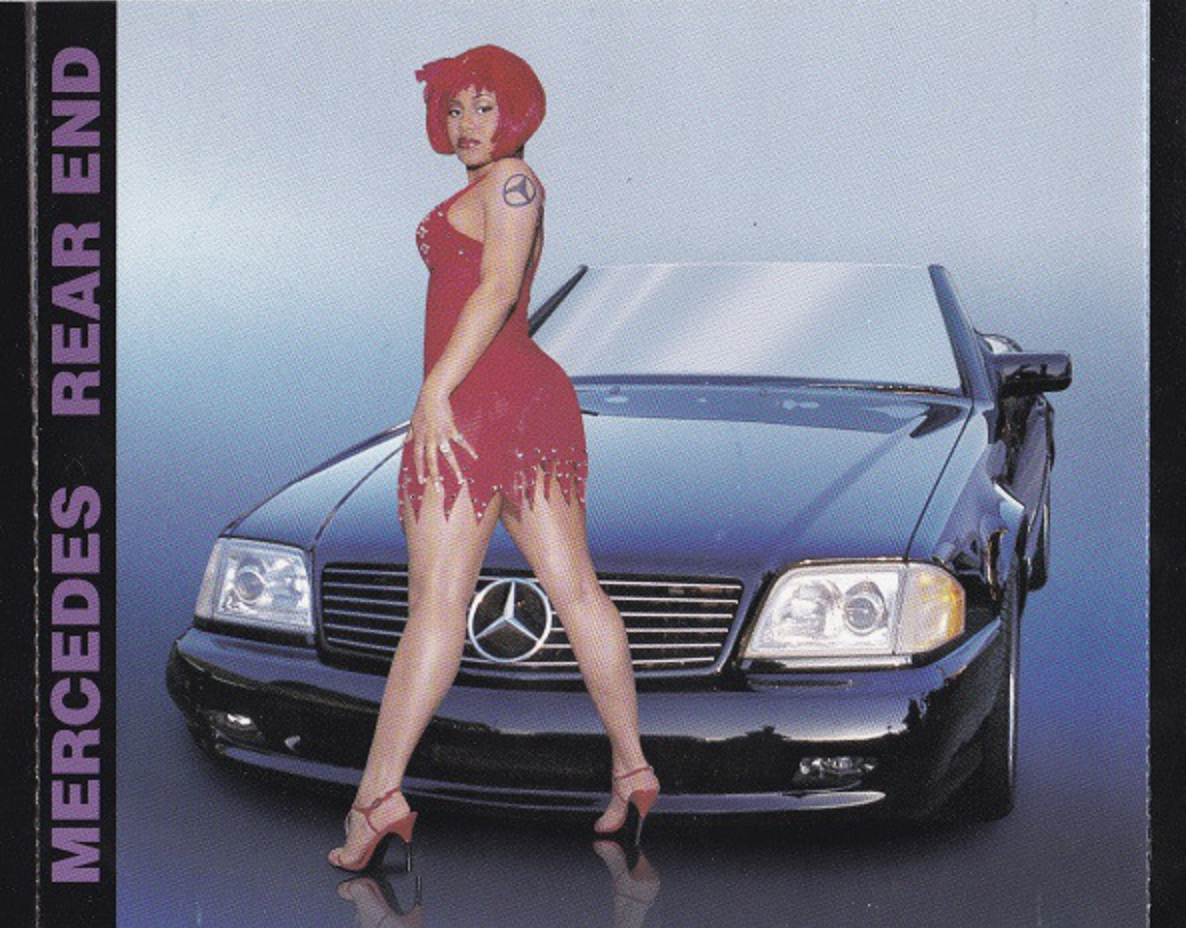
Just months later, in 1999, Mercedes released her debut album Rear End — a rare R&B gem in a label full of hardcore rappers. Her single “It’s Your Thing” became an instant hit, establishing her as one of the few female voices representing Southern R&B in the hip-hop era.
The Drama Erupts — and a Legal War Begins
Two decades later, Mercedes’ name resurfaced — not for a musical comeback, but for what could become a groundbreaking legal battle.
In her livestream, she alleged that both Verzuz organizers and No Limit had used her music and likeness without permission, while intentionally excluding her from performing — even though she owns the rights to the song.
“No one has the right to erase me from my own legacy,” she said. “I bled, I cried, and I gave my youth to that label.”
Industry analysts say that if Mercedes moves forward with the lawsuit, it could set a major precedent for performance and ownership rights in the modern streaming era — especially for events like Verzuz, where the line between creator and copyright holder has grown increasingly blurred.
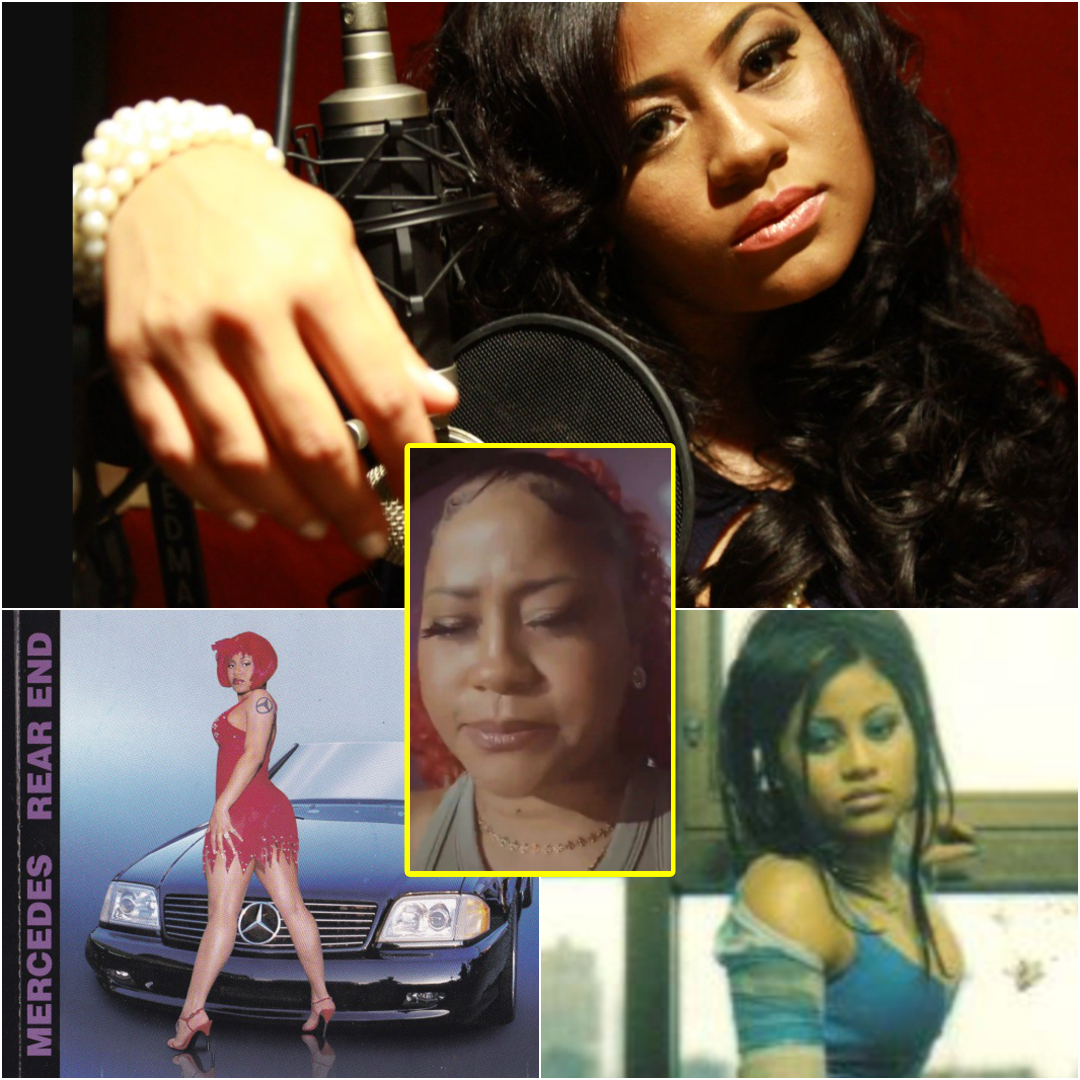
Forgotten, But Never Defeated
Mercedes was once a rising star at No Limit — a label that launched legends like Mystikal, Silkk the Shocker, and C-Murder. Yet, in a world dominated by male rappers, her R&B style struggled to find long-term space.
After Rear End, she quietly stepped away from the spotlight, living a private life — until now. But her return isn’t through a new record. It’s through a fight for justice.
One fan commented online:
“She was the soul of No Limit — and they still turned their back on her. Unreal.”
Mercedes’ story goes beyond music industry drama. It’s a wake-up call about how many artists — especially women — are pushed aside once the lights fade.
“You Can’t Erase Me From History”
Although the lawsuit hasn’t been officially filed, support for Mercedes continues to grow. Fans who remember No Limit’s golden era now see her as a symbol of resilience — a woman daring to challenge the very system that once built her.
She ended her livestream with a sentence that sent chills across the internet:
“I’m not coming back to ask for a chance. I’m coming back to take back what’s mine.”
And perhaps, that’s exactly why the music world is finally paying attention.
News
SH0CKING! Romeo Miller Reveals NBA YoungBoy Channels the Same Legendary Boss Energy as Master P
He also thinks others in the industry should look to Master P for guidance. The Millers have solidified themselves as…
‘106 & Park’ Freestyle Legend Posta Boy Pass3s Away — Cause of D3ath Revealed
Posta Boy, the Harlem Hip-Hop icon, has tragically passed away at the age of 42 after a long and courageous…
Gogglebox Star Jenny Newby Battles Serious Illness — Best Friend Lee Riley Moves In to Care
Jenny Newby, a beloved star of the hit reality TV show Gogglebox, has captured the hearts of viewers with her…
Cheeky Comment from Rylan Clark on Co-Host Claudia Winkleman After Sh0cking Strictly Exit
Former It Takes Two host Rylan Clark couldn’t resist commenting on Claudia Winkleman leaving the iconic BBC show, Strictly Come…
Inside Virginia Giuffre’s Home: Violence, Secrets, and the Millions at Stak3
The Jeffrey Epstein victim died by suicide without a clear will — but she feared her ‘abusive’ husband would drink…
Rich, famous, and always in drama: Rick Ross – The King of Hip-Hop Controversy
Rick Ross is no stranger to drama. From intense feuds with fellow rappers to controversial lyrics and legal battles, his…
End of content
No more pages to load

